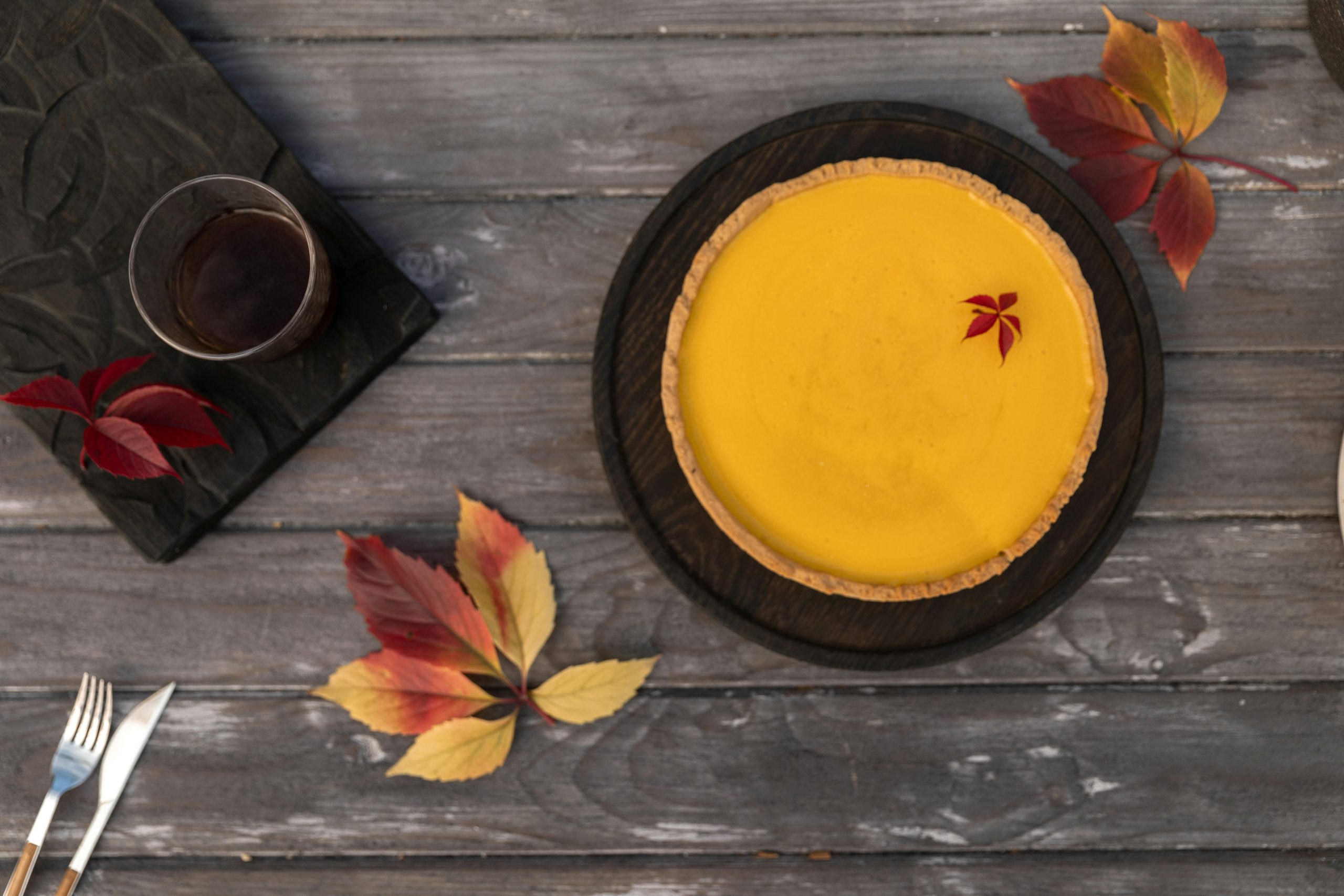

One of my favorite times of the year is upon us! Pumpkin spice EVERYTHING surrounds us on the store shelves but that isn’t often enough for me. I like to make pumpkin rolls, pumpkin pies, pumpkin muffins. I find myself just craving these warm savory spices and honestly they make me feel the most like myself when baking with them. I remember as a child never wanting a birthday cake and instead my mom baking a fresh pumpkin pie and sticking a few candles in the middle. It gets to the point here where I reminisce about the part of the movie Forest Gump when they talk about all of the shrimp items that can be prepared but I replace shrimp with pumpkin.
The real question when we can’t make our own pumpkin is what are we actually buying at a store when we pick up a can of what we think is pumpkin? Most would think this is a simple answer but it can actually be more complex than we think. I have also found that using the wrong variety of what I thought was real pumpkin produces an alternative taste that can sometimes change the outcome of a recipe.
Real Simple gives us some information that is really important to knowing what you are buying and what to avoid if you are looking for the delicious pumpkin flavor.
Canned pumpkin (labeled as “100% pure pumpkin”) is a purée of pumpkin that is sometimes mixed with other kinds of winter squash. It is unsweetened and does not contain any added spices. Canned pumpkin and pumpkin puree are the same thing, and you’ll often see the terms used interchangeably in recipes and cookbooks.
In addition to flavor and bright orange color, canned pumpkin also adds tons of moistness to baked and savory goods. Canned pumpkin can be used as an ingredient in all of the following:
Store-bought pumpkin pie mix (sometimes labeled “pumpkin pie filling”) is a shortcut for making homemade pumpkin pie. It contains puréed pumpkin plus added spices like cinnamon, nutmeg, ginger, and cloves. It also contains sugar and other chemical additives.
Pumpkin pie mix can be used as a substitute for pure canned pumpkin in some recipes. However, since it is already sweetened and flavored, you’ll need to make some adjustments. In most dessert recipes, leave out the pumpkin pie spice and cut down on the sugar since the pumpkin pie mix includes it. Here are some ideas for how to use it:
Pumpkin pie mix generally contains approximately 120 calories and 19 grams of sugar per half cup (one can yields about 2 cups of mix total). Therefore, pumpkin pie made with a pre-made mix will most likely have more sugar than pumpkin pie made completely from scratch using pumpkin purée. For this reason, pumpkin pie mix is not as healthy as 100% pure pumpkin purée.
Making homemade pumpkin purée requires first cutting a pumpkin in half and removing the seeds before roasting it in a 300-degree oven until soft. Then, cool and scoop out the flesh before blending until puréed.
“Pumpkin is bursting with health benefits beyond what you might think!” says Maggie Michalczyk, RDN, author of Once Upon a Pumpkin. It comes in at around 50 calories per cup and packs vitamins E, C, and A, as well as potassium and fiber. Here’s a look at the nutritional value of pumpkin.
Pumpkin is versatile enough to use in all kinds of recipes, whether you want to use it for a sweet dish or a savory meal. However you choose to incorporate it, it offers loads of health benefits. Here are some of the best benefits of pumpkin. Pumpkin packs plenty of antioxidants, including beta-carotene (which gives pumpkins their orange hue), alpha-carotene, and beta-cryptoxanthin. All of these help to neutralize free radicals in your body and may offer strong cancer-fighting properties, too.
With the cold and flu season ramping up in the fall, there’s even more reason to add pumpkin to your diet. We know that vitamin C helps to strengthen the immune system (it encourages white blood cell production). And beta-carotene gets converted into vitamin A in the body, which studies have shown helps strengthen your body’s immune system and fight infections.
Whatever you do, don’t toss those pumpkin seeds: They’re a good source of protein, iron, magnesium, and fiber. “Think outside the box this fall by roasting your pumpkin seeds with turmeric and black pepper or matcha powder and coconut flakes,” Michalczyk says. Pair your snack with a TAZO Pumpkin Spice Chai Tea latté—pure pumpkin bliss.
For other fun food facts and information on food safety and current recalls be sure to keep an eye on Make Food Safe for daily updates.
If glycerol intoxication syndrome sounds scary, that’s because it is. One of the main causes…
Nitrous Oxide canisters have recently gained in popularity for their novel culinary use. However, misuse…
A source, packaged sandwiches and convenience foods produced by Fresh & Ready Foods, LLC, has…
The newest update to the Environmental Working Group’s (EWG) tap water database identifies hundreds of…
Most people don't eat fast food because it's good for us, but that doesn’t mean…
Honeybee deaths may be another tragic reason your grocery bill increases. Trade agreements and bird…